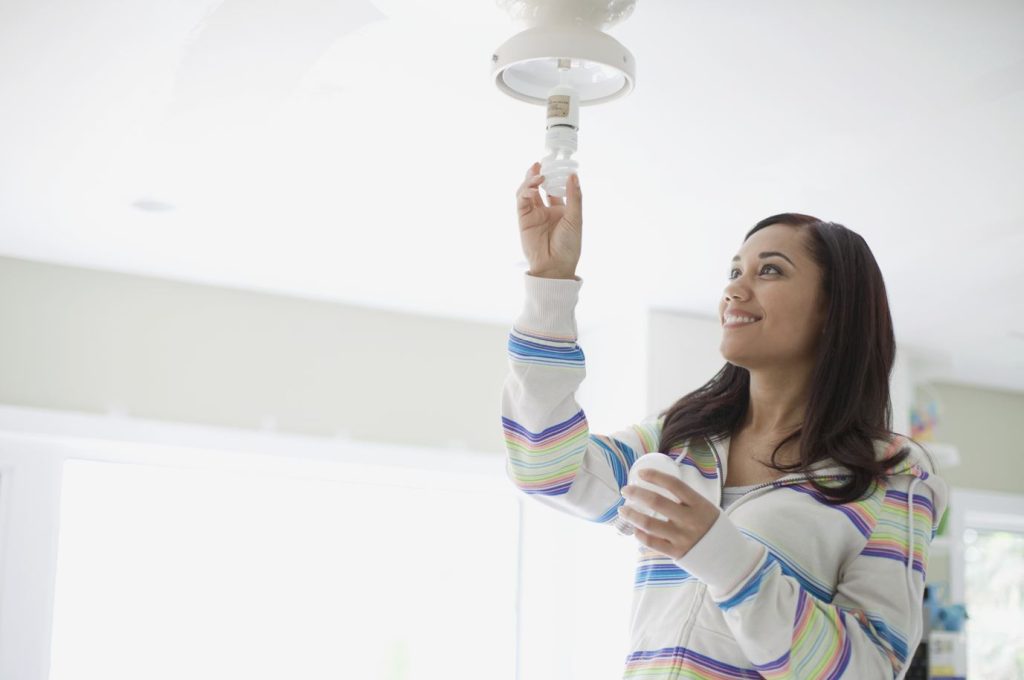Although people with larger homes have long been looking to cut costs and make their homes more energy efficient, the truth is that any sized home can benefit from making energy efficient upgrades. After all, there’s no one that can’t benefit from lower energy bills. In addition, many people want to do more than just cut costs, some also want to do their best to lower their carbon footprint. No matter how large or small your home is, energy efficient upgrades can help you do both. Here are the first four things to upgrade for a more energy efficient home.

Smart Thermostat
One challenge of creating a more energy efficient home is that while upgrades can save you money down the road, they often come with steep costs up front. Today, however, smart thermostats are becoming a more and more economical way to see significant savings with low upfront costs. Smart thermostats not only help better regulate heating and cooling, but they can remember to turn the temperature up or down even when you don’t.
Lighting
While a single light bulb may not take a significant amount of energy to use, when you add up all the indoor and outdoor lighting in your home, it adds up. In addition, traditional light bulbs generate a significant amount of heat, which can make it more difficult to keep your home cool. This is particularly important in areas where temperatures are high year round. Energy efficient lighting not only draws less power, but it also generates less heat, which can lower cooling costs.
Appliances
Upgrading all of your appliances can be costly, but you don’t have to replace all of your appliances to significantly increase your energy efficiency. The one appliance that generally drains the most power is your refrigerator. Unlike a stove or a dishwasher, your refrigerator is always running. The more energy efficient it is, the less power it requires to keep your food cold. Other appliances to consider replacing are your stove, dishwasher, washer and dryer.
Windows and Doors
There is simply no question that heating and cooling your home represents the largest chunk of your energy bill. The more airtight your home is, the less power it takes to maintain a consistent temperature in your home. Doors and windows are the most vulnerable points for warm and cold air to leak out of your home. New energy efficient windows and doors help create the most solid barrier to prevent heated or cooled air from escaping.